The Canadian Maritime Community Gathers at CMAC: Strengthening Collaboration for Seafarers’ Welfare
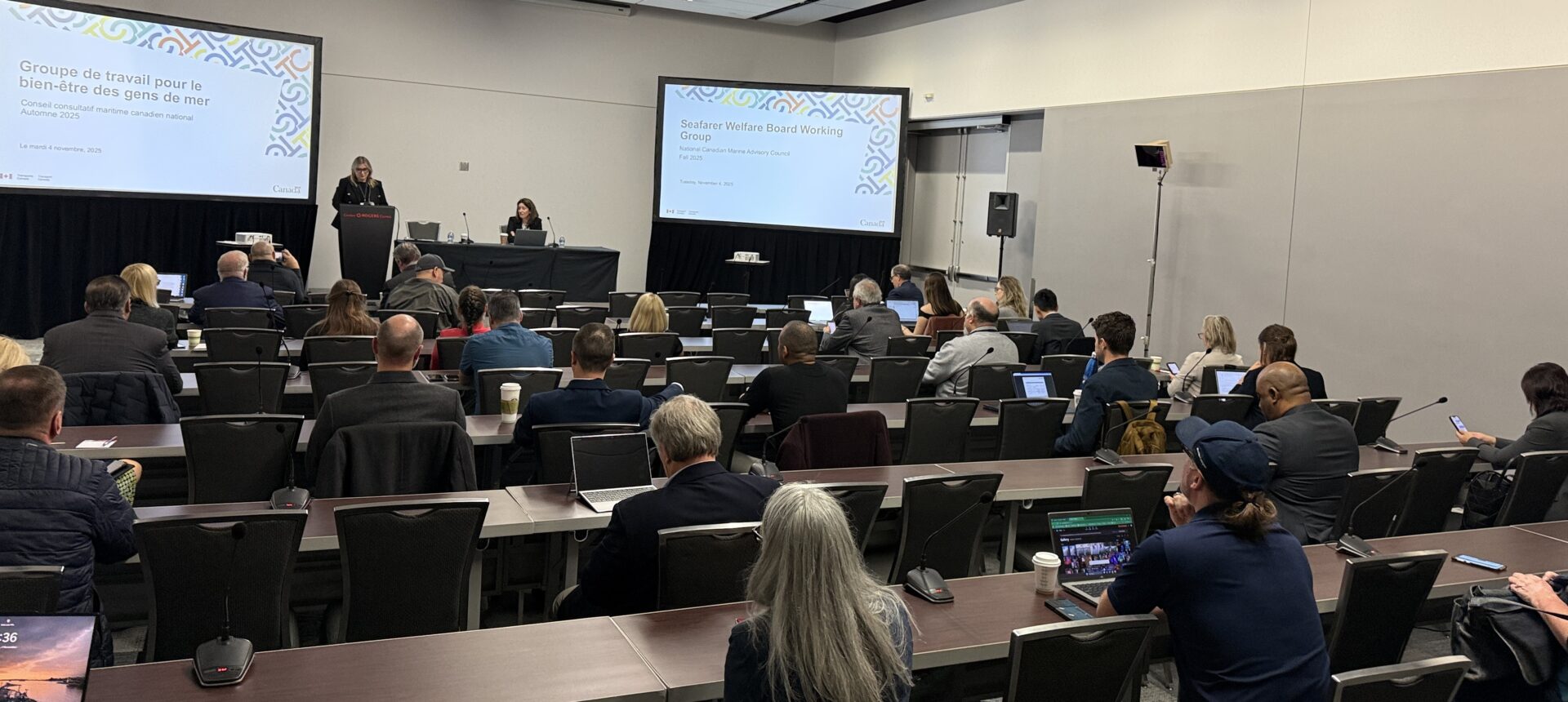
On November 4, the Canadian National Seafarers Welfare Board (CNSWB) met in Ottawa for the Seafarers Working Group of the Canadian Marine Advisory Committee (CMAC) and its annual in-person Board meeting, which leveraged the larger gathering of the Canadian maritime community for the fall session of the Canadian Marine Advisory Council (CMAC).
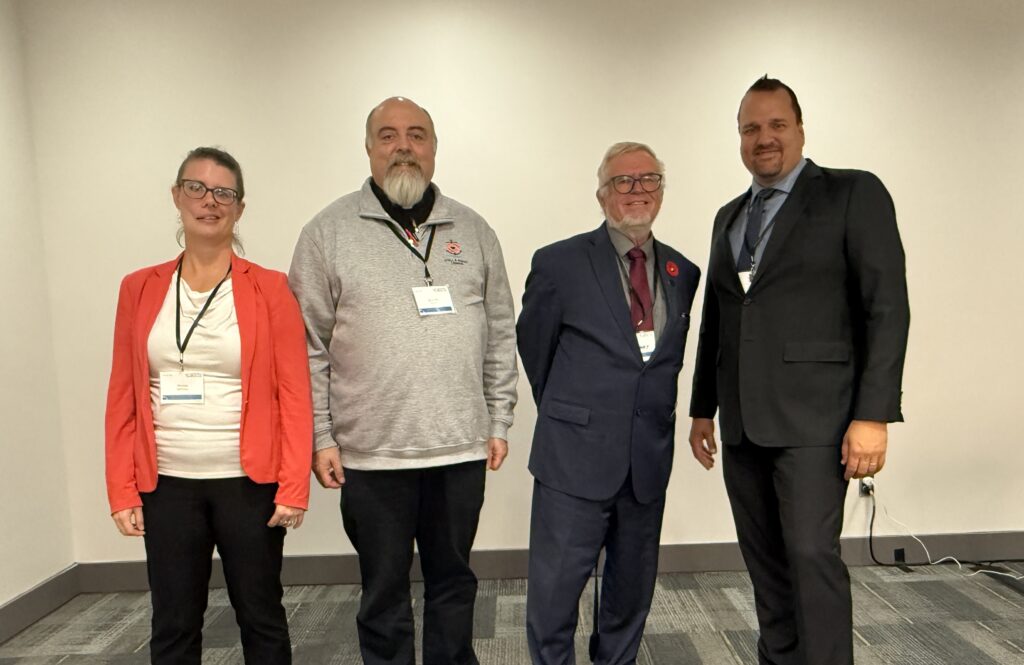
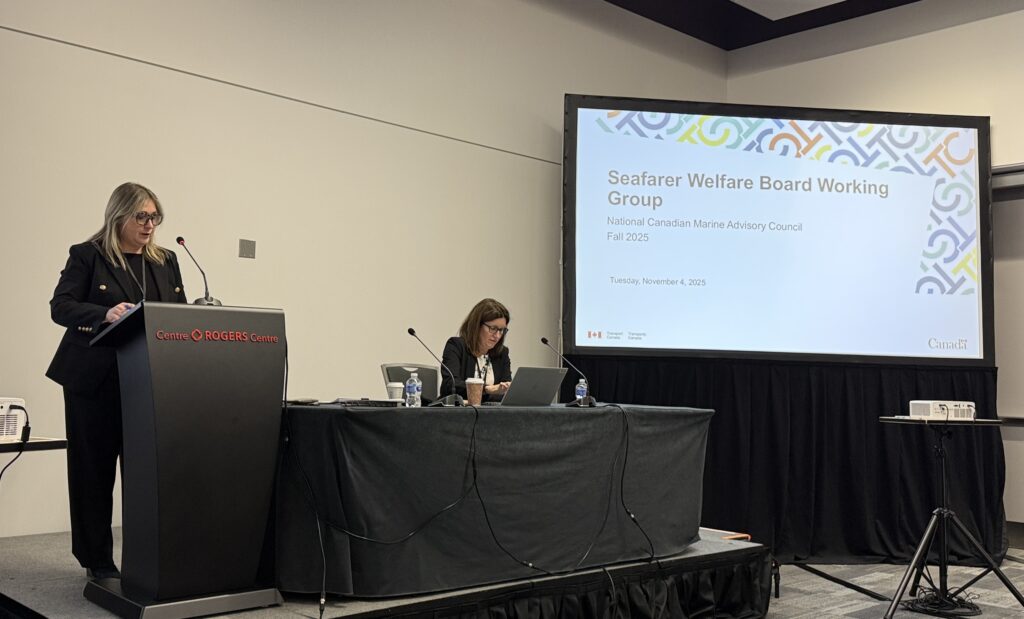
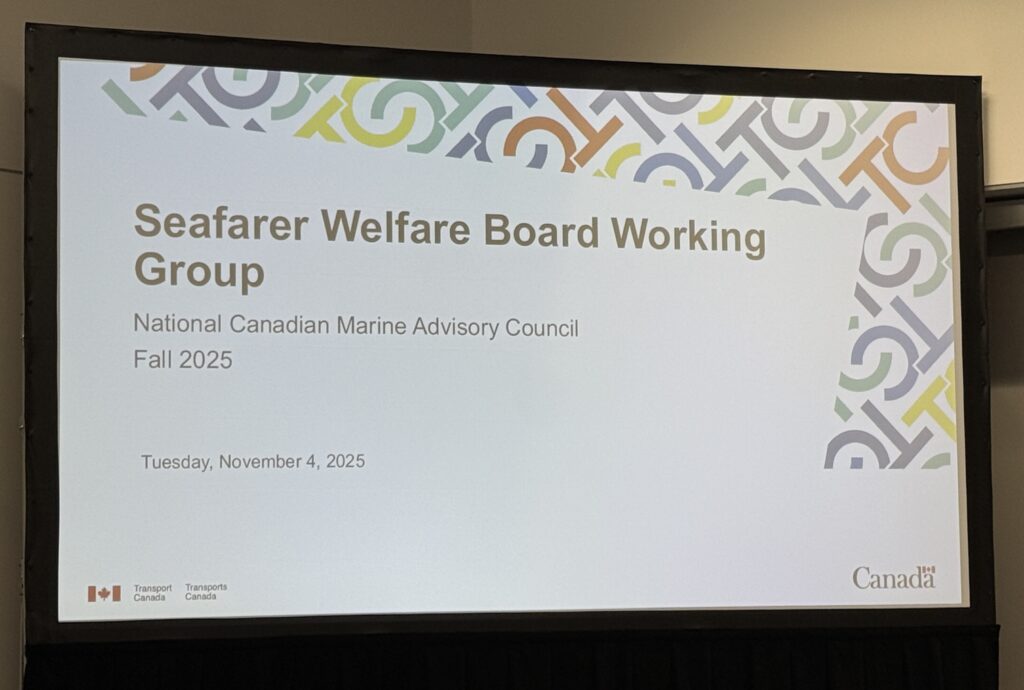

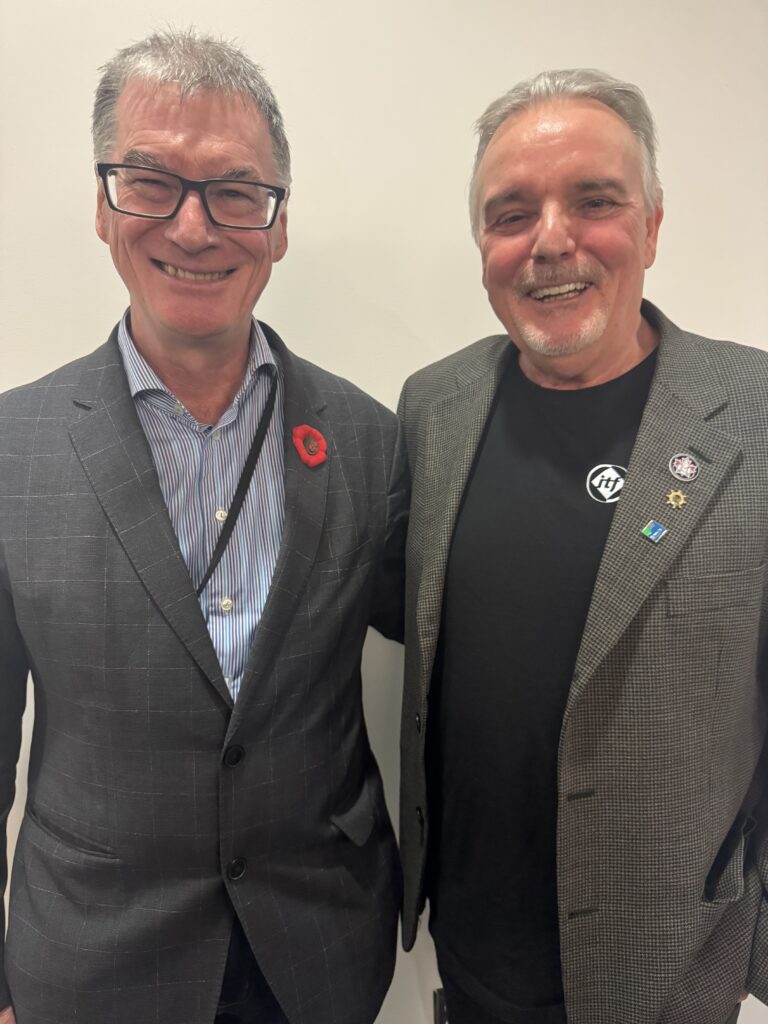
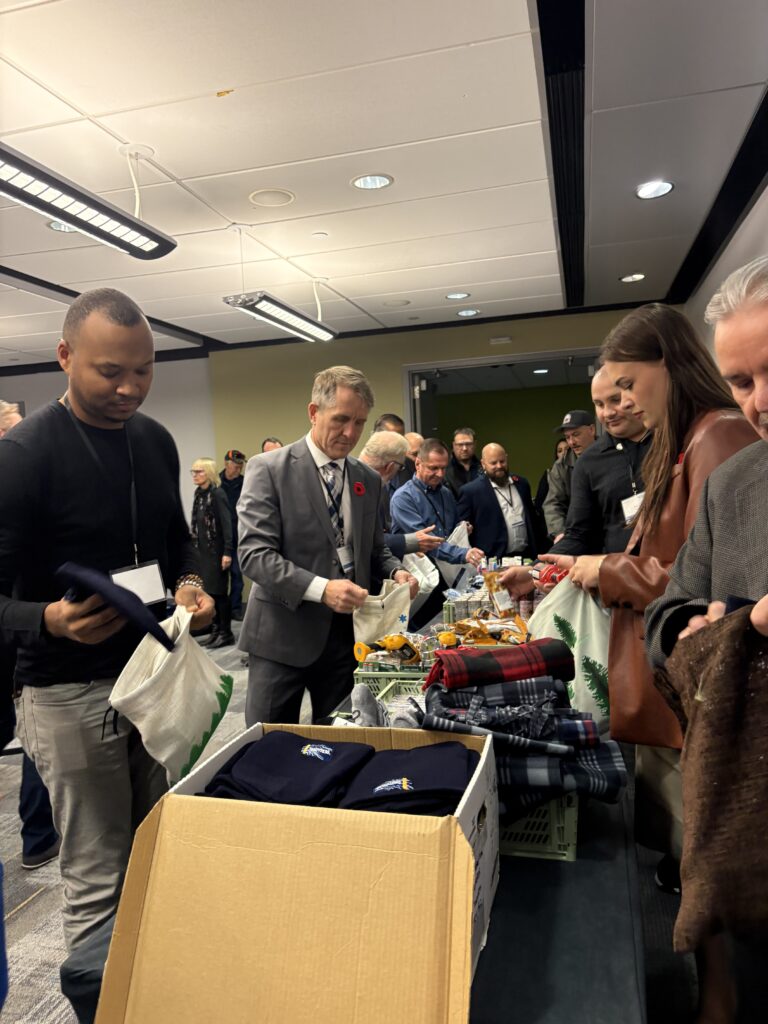
The CNSWB is composed of shipowners, port authorities, labour organizations, seafarers’ welfare providers, and government representatives. Aligned with the provisions of the Maritime Labour Convention, 2006, the Board’s mandate is to advise the Government of Canada on issues related to the welfare and living conditions of seafarers and build the Canadian capacity to deliver seafarers welfare. The current chair is Debbie Murray, Vice President of the Association of Canadian Port Authorities. Serving as vice chairs are Dan Kimmerly of the BC Ferries Marine Workers’ Union and Dr. Jason Zuidema of the North American Maritime Ministry Association (NAMMA). The Board’s secretariat is housed within Transport Canada, ensuring close alignment with federal maritime policy. This diverse composition reflects a shared commitment across the industry—shipowners, unions, welfare providers, and regulators—to the common good of seafarers visiting Canada’s ports.
The opening CMAC plenary session on November 4 brought together the wider CMAC community, featuring updates from Transport Canada, the Canadian Coast Guard, and other national leaders. The discussions highlighted how these groups collaborate to address Canada’s marine safety, environmental stewardship, and security priorities. With the world’s longest coastline, Canada faces both vast opportunities and complex challenges, particularly in responding to climate change and the increasing navigability of the Arctic.
Following the plenary, the National Seafarers’ Welfare Board Working Group met in an open session that attracted a strong turnout. Chair Debbie Murray opened the meeting by reviewing the Board’s activities over the past year and setting the stage for future collaboration. Karen Kancens of the Shipping Federation of Canada reported on the CNSWB Visa Working Group, which has been examining crew-change challenges in Canadian ports. While some facilitation was possible during the pandemic, recent shifts have made crew changes more complex, leaving seafarers often unable to travel home through Canada. The group continues to collect data and to identify potential solutions.
Next, Chris Given of the Seafarers’ International Union of Canada presented findings from the ITF Seafarers’ Trust Shore Leave Research Report, highlighting troubling trends in the decline of shore leave opportunities worldwide, compounding the long work hours and fatigue already being experienced by seafarers. He called on Canadian stakeholders to protect and promote this vital aspect of seafarers’ welfare. Dr. Jason Zuidema of NAMMA then shared updates on his research into port welfare levies, following his 2024 report comparing Canadian practices with recent U.S. research by Dr. Christopher Graham, also of NAMMA. This research has collectively demonstrated the inconsistent use of port levies to fund seafarers’ welfare. The session concluded with Scott Weatherdon of Transport Canada, who briefed attendees on the outcomes of the ILO Special Tripartite Committee (STC-5) regarding amendments to the Maritime Labour Convention earlier this year.
The afternoon transitioned to the official CNSWB board meeting, where members engaged in roundtable discussions to identify key issues for the coming year. Many of the topics—crew changes, shore leave, provisions, welfare funding—reflected the morning’s conversations, emphasizing how national dialogue and local practice are deeply interconnected.
The day ended in a spirit of fellowship and generosity with a reception that invited CMAC participants to celebrate seafarers. Michelle DePooter of the Montreal Ministry to Seafarers organized a Christmas gift-making activity, inviting attendees from across the maritime community—shipowners, labour representatives, port officials, and welfare workers—to assemble dozens of gifts for distribution to visiting seafarers in Montreal. The initiative symbolized the shared compassion that unites Canada’s maritime network, and many participants expressed interest in participating in similar efforts in their home ports.
During the evening reception, the CNSWB presented the Elizabeth Bertrand Humble Servant Award, which recognizes outstanding dedication to the welfare of seafarers in Canada. This year’s recipient was Peter Lahay, long-time ITF Inspector in Vancouver and recently-retired national coordinator for the ITF inspectorate in Canada. In his remarks, Peter reflected on decades of advocacy for seafarers and reminded the gathering that welfare standards like the ISM Code and MLC 2006 only have meaning when they are put into practice.
The Canadian maritime community’s presence at CMAC demonstrated once again the strength of partnership among industry, labour, and welfare providers. With thanks to Transport Canada, the sponsors, and all who contributed to the sessions and reception, this gathering reaffirmed a shared mission: to ensure that every seafarer calling at a Canadian port is treated with dignity, respect, and care.